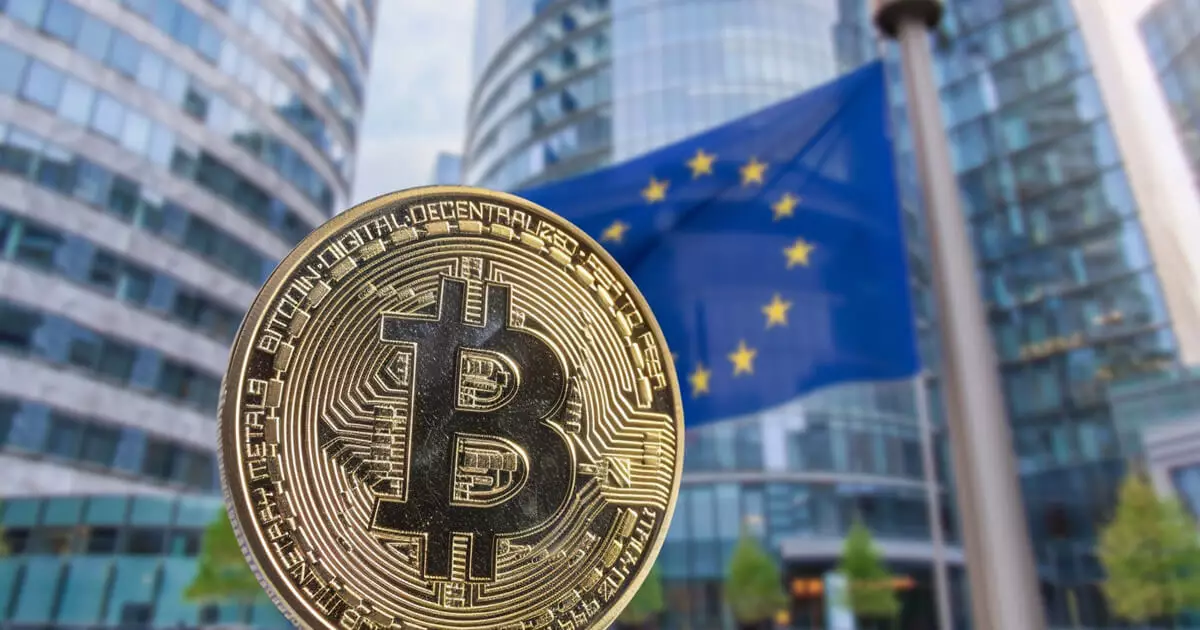In the rapidly evolving landscape of digital finance, the emergence of crypto assets has introduced unprecedented challenges and opportunities for regulators around the globe. The European Union has taken proactive steps through the Markets in Crypto-Assets regulation (MiCAR) to provide a harmonized prudential and business conduct framework for crypto asset services. However, a critical gap in the EU’s regulatory framework has been identified, particularly concerning non-custodial crypto asset service providers operating in the decentralized finance (DeFi) industry.
Non-custodial crypto asset service providers have become a significant and growing segment of the crypto finance ecosystem, managing around $100 billion of locked value. These entities offer services related to crypto assets without actually taking custody of the assets themselves, presenting challenges for regulators in terms of oversight and compliance. The current definitions and provisions within MiCAR do not encompass non-custodial providers, creating loopholes for potential financial crimes.
Without the obligation to follow Anti-Money Laundering (AML) laws or the MiCAR framework, non-custodial crypto asset service providers operate in a space where the risk of fraud, financial losses, and illicit activities is heightened for investors and consumers. The European Union is now faced with the task of addressing these shortfalls to ensure consumer protection and financial stability. The core debate revolves around whether non-custodial providers should be subject to AML laws, as recognized by the Financial Action Task Force (FATF) and the European Banking Authority (EBA).
The MiCAR framework, while significant in the EU’s strategy for crypto asset regulation, primarily focuses on providers that take custody of client assets or operate within traditional financial models. This neglects a significant portion of the crypto asset ecosystem, underscoring the need for a more comprehensive and forward-looking regulatory framework like MiCAR 2 and an updated AML regulation. The current exclusions were made to reduce discussions around the regulation of DeFi, but they have ultimately delayed progress without providing a clear path to compliance.
Regulating crypto assets is not a challenge unique to the European Union; it is a global endeavor that requires international collaboration and harmonization of standards. Insights from international organizations will be crucial in navigating the challenges and opportunities of the dynamic crypto sector. While the regulation of non-custodial platforms offering services such as staking may require additional AML and risk management measures in the future, for now, a two-class system remains in place.
The challenges of regulating non-custodial crypto asset service providers pose significant obstacles for regulators seeking to ensure consumer protection and financial stability in the digital finance space. The gaps in current regulatory frameworks need to be addressed through the implementation of more comprehensive and forward-looking regulations. International collaboration and harmonization will play a key role in managing the risks associated with crypto assets effectively and paving the way for a more secure and stable financial ecosystem.


Leave a Reply